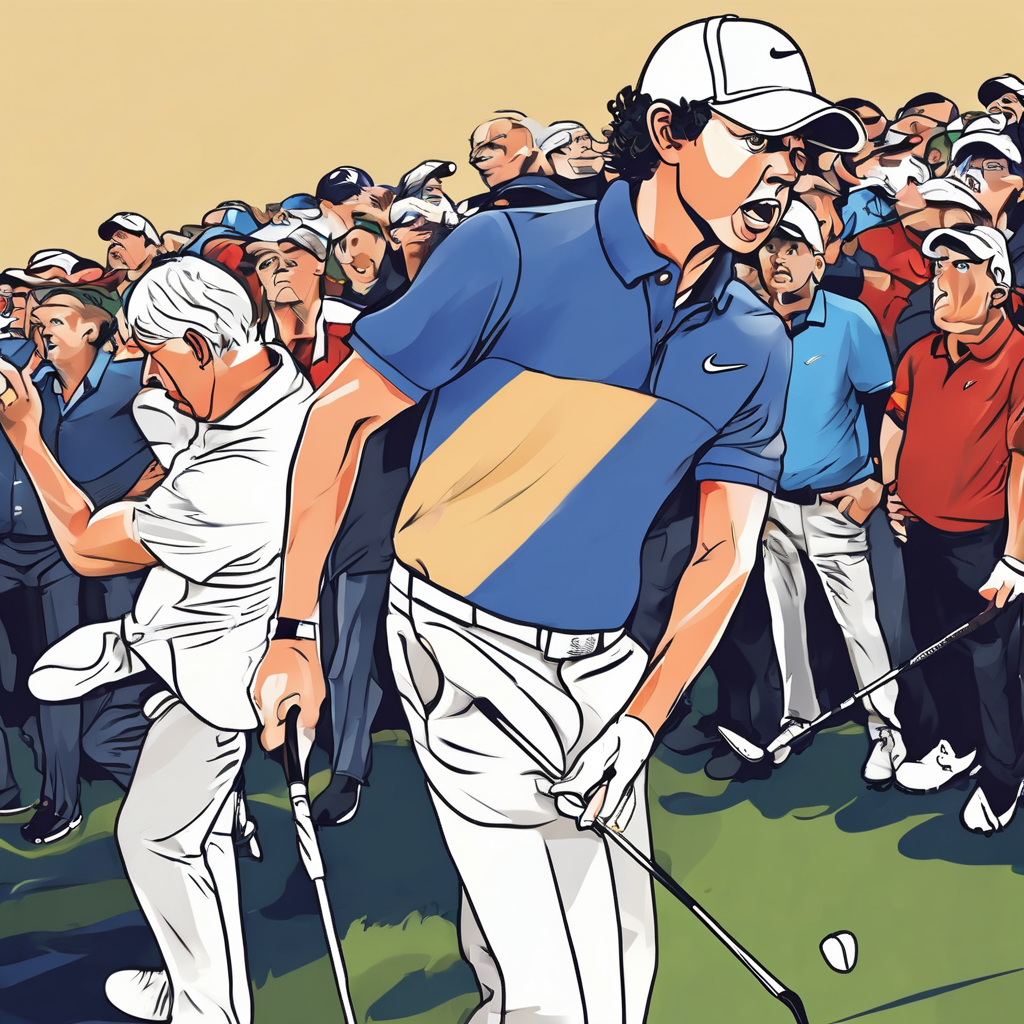Rory McIlroy Bethpage Black: Ryder Cup Hostility Sparks Debate on Fan Behavior
Rory McIlroy Bethpage Black: Ryder Cup Hostility Sparks Debate on Fan Behavior
Following Europe’s Ryder Cup victory, Rory McIlroy didn’t hold back, directly addressing what he described as “unacceptable and abusive behavior” from a segment of the New York crowd at Bethpage Black. His comments have ignited a significant debate surrounding the line between passionate support and outright hostility in professional sports, particularly golf.
McIlroy stated he endured a barrage of insults during his five matches, ranging from personal attacks to jibes about past golfing setbacks. While enthusiastic fan support is a hallmark of the Ryder Cup, creating an electrifying atmosphere, McIlroy argued that some individuals crossed a line, creating a toxic environment that detracted from the competition.
“I understand the passion, I really do,” McIlroy conceded in a post-match interview. “But there’s a difference between supporting your team and resorting to personal abuse. It wasn’t just a few isolated incidents; it was a persistent undercurrent throughout the week.”
The issue raises complex questions. How much leeway should fans be given in expressing their support? Where does spirited heckling become abusive? And what responsibility do organizers have in managing crowd behavior? Some argue that a degree of edge is inherent in competitive sports and that players should be able to withstand the pressure. Others contend that there’s no place for personal attacks and that golf, traditionally viewed as a gentleman’s game, should maintain a higher standard of decorum.
The PGA and Ryder Cup officials have yet to issue a formal statement addressing McIlroy’s concerns. However, the incident is likely to spark internal discussions about crowd management strategies and potential codes of conduct for future events. The potential implementation of stricter rules, such as increased security presence and immediate ejection for abusive behavior, are likely to be explored.
This isn’t the first time fan behavior at high-profile golf tournaments has come under scrutiny. Incidents involving unruly fans disrupting play or directing inappropriate comments towards players have occasionally marred major championships. The challenge lies in striking a balance between fostering a vibrant atmosphere and ensuring a respectful and inclusive environment for all participants. The McIlroy situation at Bethpage Black serves as a stark reminder that this balance is constantly under negotiation and requires ongoing attention from players, organizers, and fans alike.
The conversation is ongoing, and the future of fan interaction in golf remains to be seen. One thing is certain: Rory McIlroy’s outspokenness has brought the issue to the forefront, forcing a necessary re-evaluation of what constitutes acceptable behavior in the stands.

